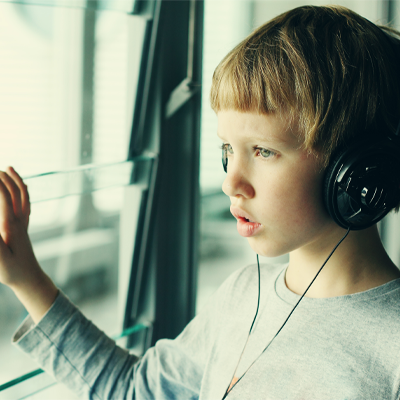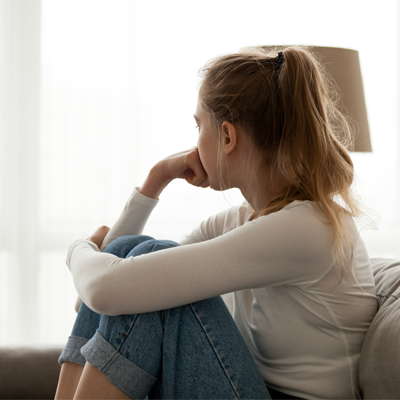In recent years, there has been a significant increase in children and young people who are gender questioning. For some, this experience can come with significant levels of gender-related distress which is also referred to as gender dysphoria. It is important that young people have access to open and supportive spaces to explore their experiences. Adolescence is a really important time of change and there are lots of factors that can affect their wellbeing.
Children and young people cope and respond to gender distress in different ways. Some young people might get the support they need to thrive through friends, family and other support networks. For some young people, however, they may require more specialist assessment and input. Young people who are experiencing gender-related distress may also need additional mental health assessment and support.



